Monday, 22 April 2024
Menu
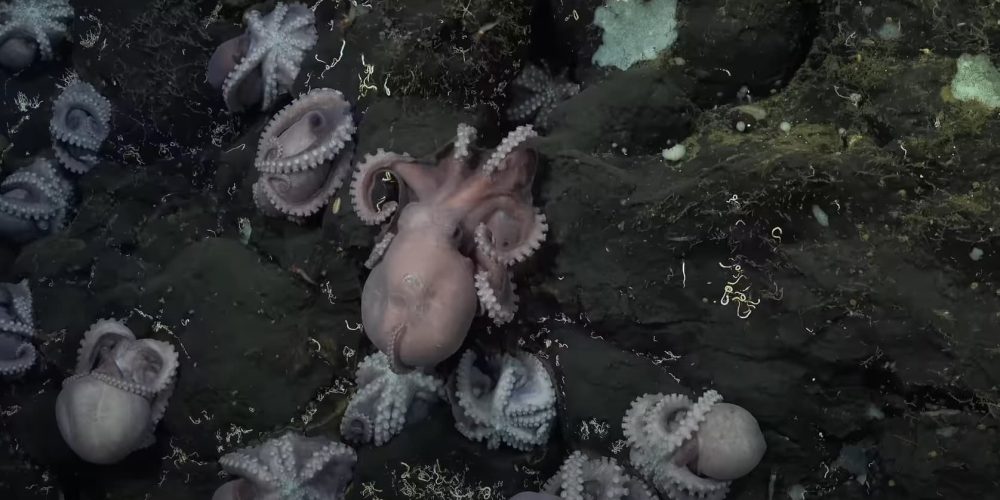
The remarkable discovery of a potentially new species of octopus occurred during a 19-day research expedition. The undoubted success of the entire expedition is the identification of an octopus nursery. This is only the third such concentration known to mankind and the first to be located in the oceanic depths.
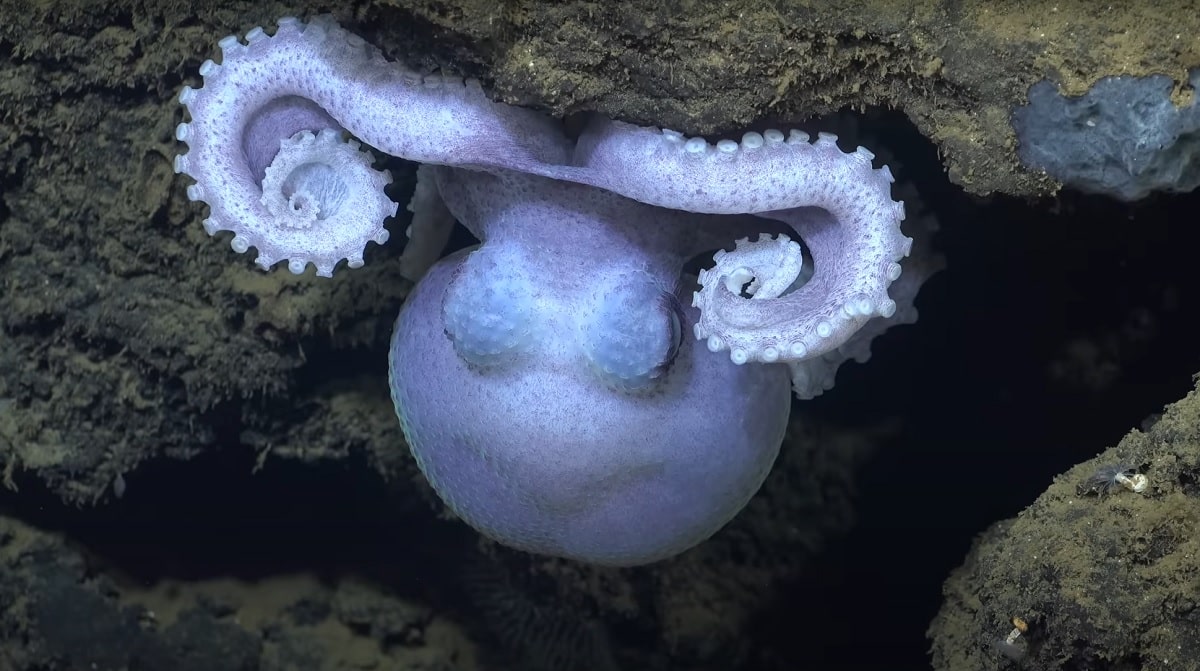
Scientists have discovered a new octopus nursery more than 2,800 metres below the sea surface, in a low-temperature hydrothermal vents off the coast of Costa Rica. This brings the number of such amazing sites known to the world of science to a total of three.
The octopus nursery was first found 10 years ago, when around 100 females were breeding in a cold hydrothermal vent off the coast of Puntarenas. However, at the time, scientists said they had not seen any developing embryos, which led them to conclude that the surrounding conditions were not suitable for octopus births. However, everything changed earlier this year when a team of international researchers returned to the site and observed octopuses hatching.
“The discovery of a new active octopus nursery over 2,800 meters beneath the sea surface in Costa Rican waters proves there is still so much to learn about our Ocean. The deep-sea off Costa Rica rides the edge of human imagination, with spectacular footage collected by ROV SuBastian of tripod fish, octopus hatchlings, and coral gardens,” said Dr Jyotika Virmani, executive director of the Schmidt Ocean Institutet.
The 19-day expedition featured eighteen scientists from all over the world, including ten from Costa Rica. The researchers succeeded in confirming that the concentration of molluscs, located on the Dorado Outcrop, is an active octopus nursery. Moreover, according to the scientists, it is probably a new species of Muusoctopus, a small to medium-sized octopuses that does not have an ink sac.
The Dorado Outcrop is a small rocky ridge approximately the size of a football field discovered in 2013, located at the bottom of the Pacific Ocean approximately 250 km off the coast of Costa Rica. It is only 150m above the surrounding seabed and is part of the Coconut Plate. Some researchers are currently working to determine whether such sites should be designated as marine protected areas (MPA).
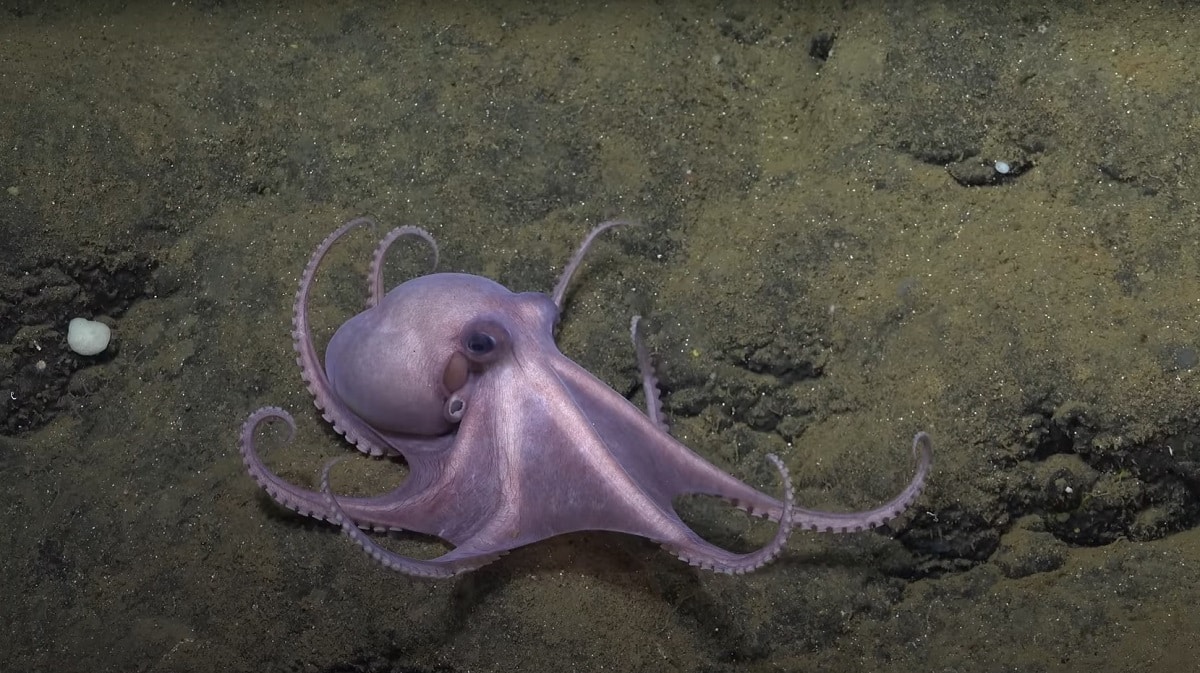
The 19-day expedition took place aboard the Schmidt Ocean Institute’s research vessel Falkor. It involved 18 scientists from around the world, led by Dr Beth Orcutt from the US Bigelow Laboratory for Ocean Sciences and Dr Jorge Cortes from the University of Costa Rica.
‘This expedition to the Pacific deep waters of Costa Rica has been a superb opportunity for us to get to know our own country,’ said Dr Jorge Cortes. ‘The expedition had a significant number of local scientists and students which will accelerate our capacity to study deep regions. The information, samples, and images are important to Costa Rica to show its richness and will be used for scientific studies, and outreach to raise awareness of what we have and why we should protect it.’

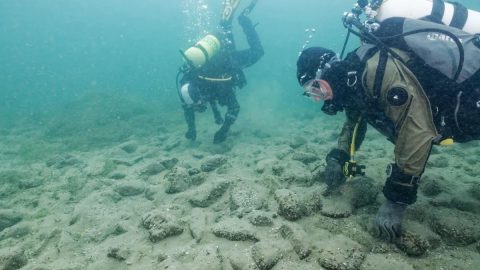
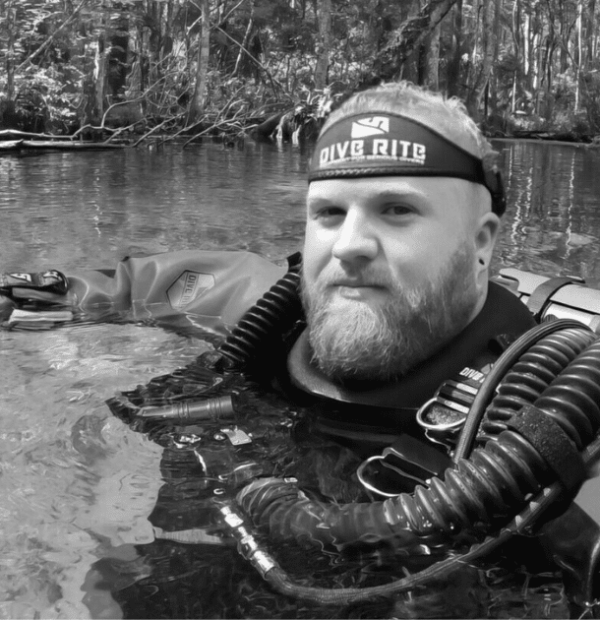

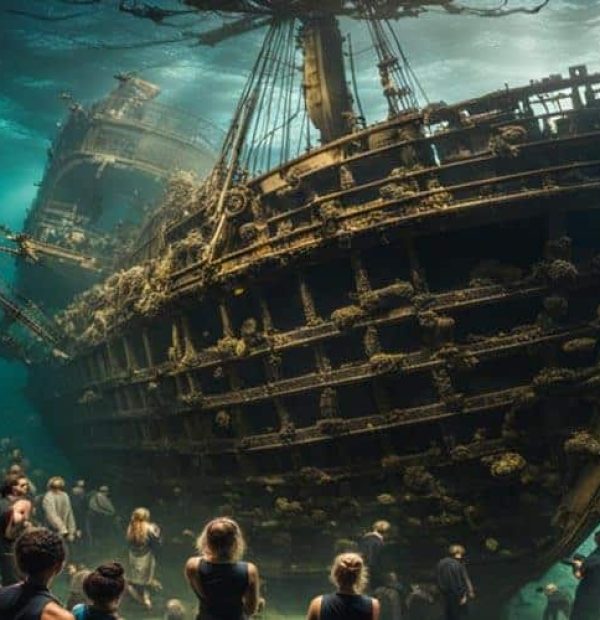
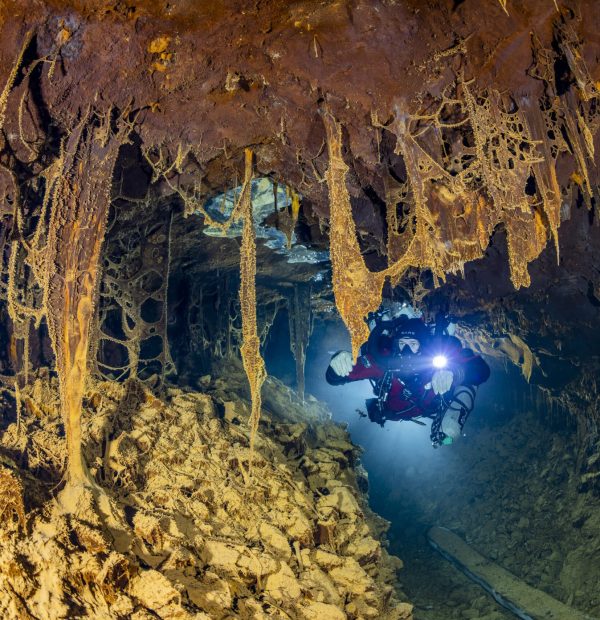
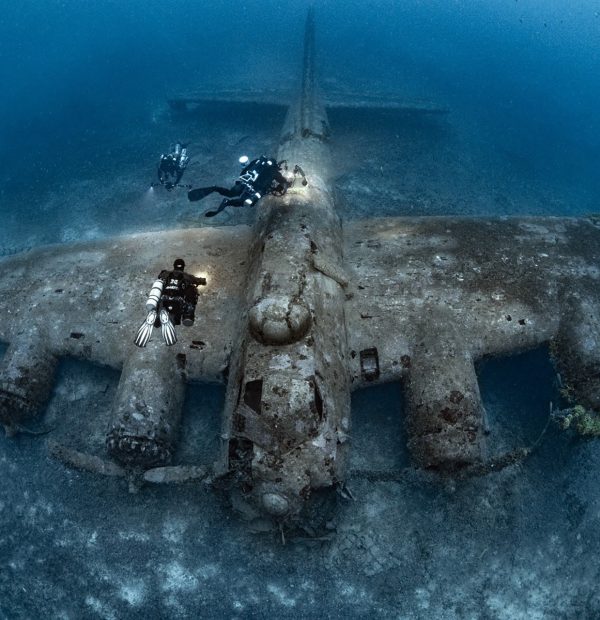
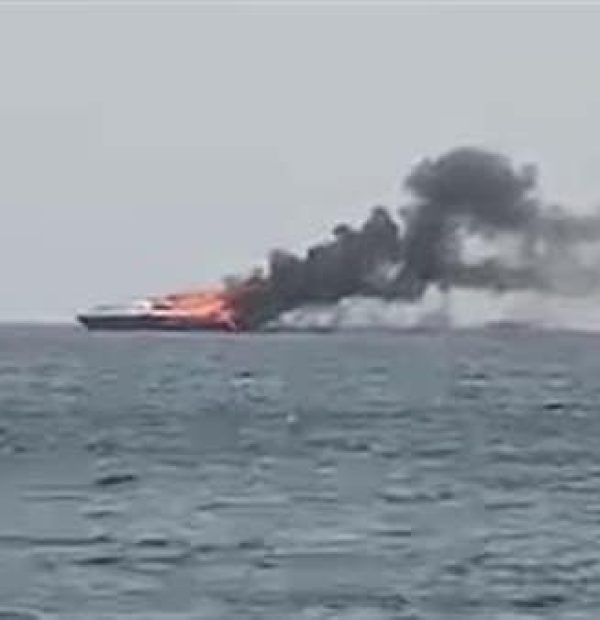
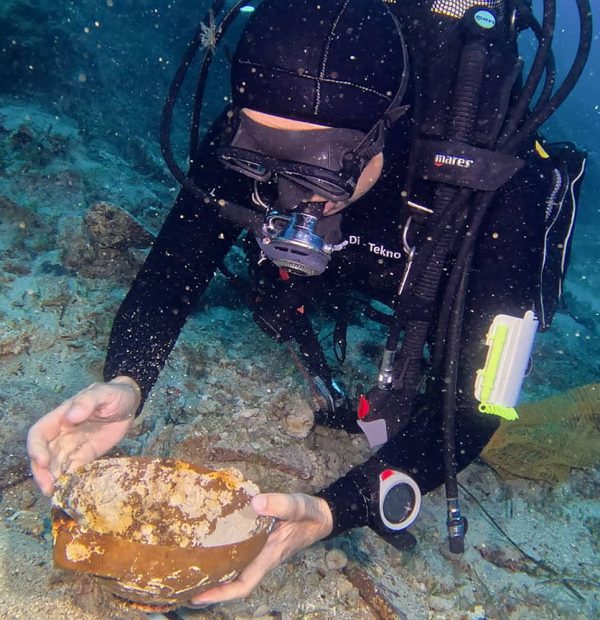

Welcome to DIVERS24.COM, your daily source of scuba news, freediving, scuba diving information, and equipment reviews. Our comprehensive coverage of the dive industry from A to Z provides you with all the latest scuba news, training updates, underwater photography tips, and everything else related to scuba diving. Whether you’re a beginner or an experienced diver looking for more knowledge about scuba gear or techniques – we’ve got it covered! With our in-depth articles written by experienced divers who have been there and done that, you are sure to find exactly what you need here at Divers24.com. Dive into scuba news today!
Underwater Media Sp. z o.o.
Szafarnia 11/F8,
80-755 Gdansk, Poland
Welcome to DIVERS24.COM, your daily source of scuba news, freediving, and scuba diving information. Sign in for a weekly news update and discount coupons for dive gear and apparel.
@2023 - underwatermedia.pl. All Right Reserved. Designed and Developed by Tworzenie stron internetowych Gdansk

The Divers24 portal is currently the largest online medium treating diving in Poland. Since 2010 we have been providing interesting and important information from Poland and around the world on all forms of diving and related activities.
Contact us: info@divers24.com